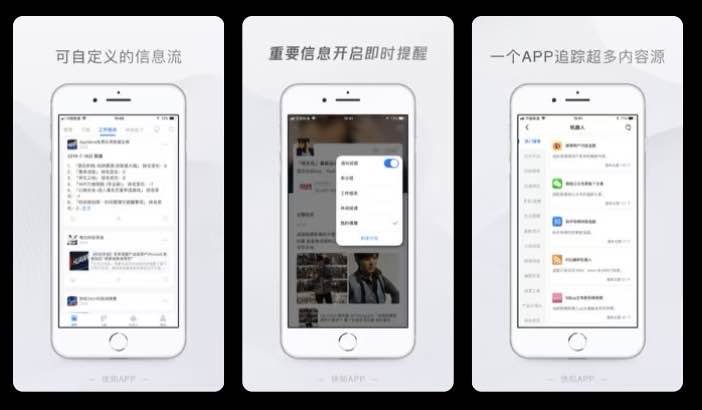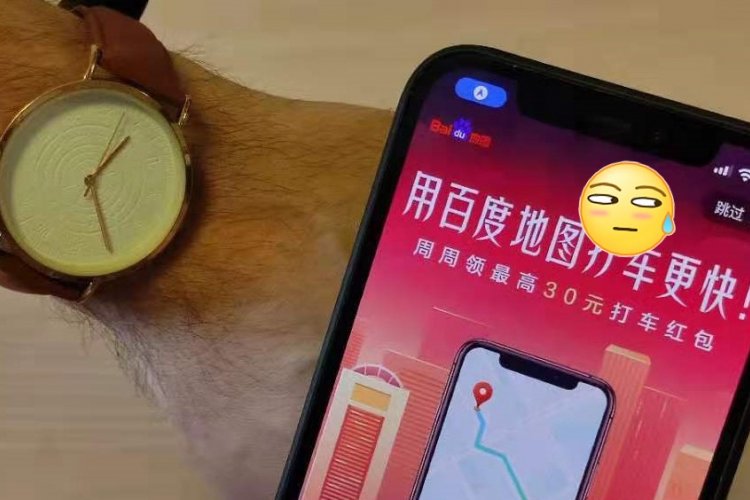A fun design flourish is that the user interface will pin the news on the map to show the distance between you, the user, and the location of the event, creating a sense of globality even if you're far away.
Hmmm. Still trying to unpack this sentence.











